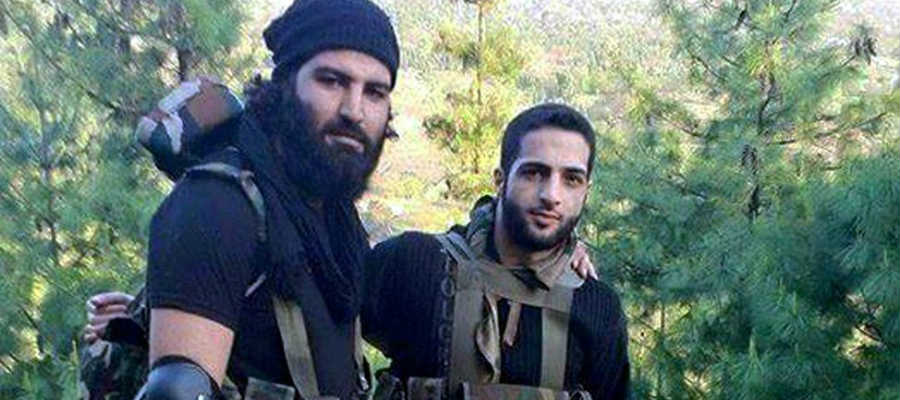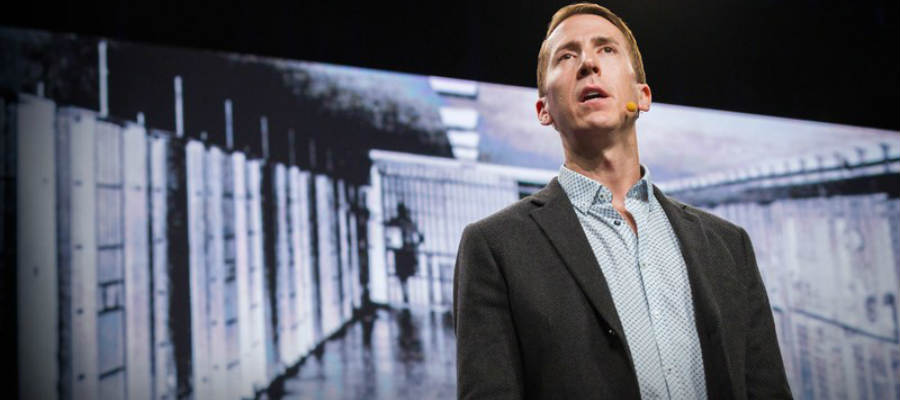 “Man is immortal, his salvation is thereafter, the State has no immortality; its salvation is now or never. States do not receive credit for doing what is right; they are only rewarded for being strong enough to do what is necessary” – Cardinal De Richelieu
“Man is immortal, his salvation is thereafter, the State has no immortality; its salvation is now or never. States do not receive credit for doing what is right; they are only rewarded for being strong enough to do what is necessary” – Cardinal De Richelieu
The United States of America, after spending close to 10 years and over a trillion dollar in its war against terror, finally located and killed al Qaeda founder Osama bin Laden deep inside Pakistan. Though largely symbolic, the killing of the mastermind of 9/11 attacks on the US soil suggests that the US will pursue the perpetrators of violence against it and eliminate them.
“As a country, we will never tolerate our security being threatened, nor stand idly by when our people have been killed. We will be relentless in defense of our citizens and our friends and allies. We will be true to the values that make us who we are. And on nights like this one, we can say to those families who have lost loved ones to al Qaeda’s terror: Justice has been done,” the US President Barack Obama said in his televised address while announcing the details of the operation that killed Bin Laden.
Similarly, in January 2010 operation, Israel’s Mossad killed a Palestinian terrorist in Dubai and avenged the murder of an Israeli soldier that took place in the spring of 1989. Mahmoud-al-Mabhouh was a top weapons negotiator for Hamas and was said to be the man who provided the logistical support for rocket attacks on Israel from the Gaza strip. Although this was one of the many such operations carried out by the Mossad, it shows how they deal with people who threaten their security.
The US’s ‘Operation Geronimo’ to eliminate Osama bin Laden hold many lessons for India, which despite facing numerous terrorist strikes has not done anything to bring the perpetrators of violence to justice. The most important lesson being the use of India’s Special Forces to target and dismantle the terrorist infrastructure that exists in Pakistan.
Pakistan has been successfully using its strategy to bleed India slowly by carrying out terror activities in the country through various terror groups that they have created and trained. These Pakistan-based groups have carried out some of the most audacious terror strikes in India (Parliament Attack, Mumbai Terror Attacks) and yet we are helpless in taking any action against them. Not just this, there have been attacks on Indian embassy in Afghanistan and insurgent activities against India is being planned in countries like Nepal, Bangladesh, Burma too.
Apart from the defensive strategy to prevent further strikes, India does not have any concrete offensive strategy to address the terror threat that emanates from across its borders. This explains why we are yet to think of an active role for our Special Forces (SF). While some in the military argue that there is a lack of political will when it comes to using SF to carry out anti-terror missions, it is also true that even the military has no clear strategy for using SF for such operations.
Special counter-terror operations across the border require political will as well as a clear military strategy. Limiting the use of SF to conventional conflicts only (like Kargil) defeats the entire purpose of having such units. The strategy of using SF in infantry role for counter-insurgency too often will not do any good to these units.
One of the most vital lesson that can be learnt from ‘Operation Geronimo’ is the need for a Special Operations Command. The US Navy SEAL Team Six that carried out the operation successfully belongs to the Joint Special Operations Command (JSOC), which includes a number of “classified standing task forces and special mission units”. The JSOC, which costs the US taxpayers more than $1 billion every year, reports to the US President and operate worldwide based on classified presidential directives. At present the JSOC in involved in 50 different operations spanning a dozen countries.
In India, there is a need for bringing all our SF under one umbrella. At present Army has its Para Commandoes and Ghatak units, Navy has its Marine Commando Force (MARCOS), and the Air Force has its Garud Commando Force. Besides that we also have National Security Guards (NSG), which strangely falls under the Ministry of Home Affairs. The NSG is mainly equipped for implementing defensive strategy which mainly include protection of VIPs, rescuing hostages, responding to hijacking, and neutralizing terror threats to critical installations. Apart from that there is a plethora of state-level and para-military level units that fall under the category of SF. This clearly explains our failure to quickly and effectively respond to crisis like the Kandahar hijacking or the Mumbai terror attacks. There are too many units and no joint SF command that can take timely action in times of crisis.
Also, for SF to operate effectively, there is a need for actionable real-time intelligence. When it comes to Pakistan we don’t have that too. Statements are being issued time and again about people like Hafeez Saeed, Masood Azhar, Syed Salahuddin, Dawood Ibrahim operating freely from Pakistan against India, but we don’t have a plan to deal with them. Our only strategy till now seems to be to complain to the US about their presence in Pakistan. Diplomatic efforts to expose Pakistan’s open support to such terrorists is needed, but to assume that it will solve the problem is a disastrous strategy. Also, why expect the US to do the job for you? If these people are responsible for the killing of hundreds of Indians, then we should eliminate them ourselves.
There is an urgent need for the revival of Research and Analysis Wing’s (RAW) covert action unit, which was closed down by then Prime Minister Inder Kumar Gujral in 1997 in a short-sighted move. The government has to ensure that Pakistan pays a heavy price for supporting terrorism in India. Let Pakistan know that if they continue to promote terrorism in India, they will be made to bleed even more. “A divided Pakistan, a bleeding Pakistan, a Pakistan ever on the verge of collapse without actually collapsing – that should be our objective till it stops using terrorism against India,” B Raman, a former senior RAW official has opined in his blog.
Even the US has learned lessons from its failures in the past. They reformed their intelligence system post 9/11 attacks and what the world saw in Abbottabad in the early hours of May 2 is the perfect example of intelligence collection and coordination between intel agency and SF.
India, sadly, has not learnt anything from past failures (there are too many to mention here). The politicians, who are always busy strategizing how to win the next election, have completely ignored the reforms in our security architecture and evolve a grand strategy for a rising power like ours. The military planners too need to devise strategies for operations outside our borders.
As Richelieu had said, a nation has to be strong enough to do what is necessary in their own national interest, India too needs to evolve a bold SF doctrine to further its interests in the region.



2 Comments
Our Armed forces, especially Navy and Coast Guard are not able to prevent the Sri Lankan Navy from killing thousands of Indian fisherman. The facility of ISRO is used to find about the accident involving a Chief Minister, but the same is not used to find out what happened to our fishermen who are found missing very often.
hi there.. good blog, interesting posts, wonderful layout, excellent content management. i appreciate this blog Osama killing: Lessons for India. exactly what plug ins do you use on your blog. do you use wordpress or something else. i would want to know. i’ve a blog which does not look fine at all and its a pain to work with it. are you currently on facebook or twitter? i would like to get to know you and learn from you. Please reply.